With the national BVD programme entering its final stages, the Department of Agriculture has awarded €350,000 in funding to a project which would sound the alarm bells should BVD begin to re-emerge.
The project, a joint venture between UCD and NUI Maynooth, aims to develop early warning models, which would alert authorities to any uplift in the existence of the disease.
As the disease is eradicated and fewer animals are exposed to the disease, the immune status of the national herd has changed.
Under animal health laws, no vaccination is allowed, so this means that a growing number of animals are immunologically naïve, or never BVD-exposed, animals.
This in turn means the disease, if it were reintroduced, would spread rapidly between animals and among herds.
To get on top of this scenario, an early warning is needed to prevent a large negative impact on animal health, welfare and the economic costs of a rapid spread.
Data and animal health
Announcing the €350,000 in funding this week, Minister of State Martin Heydon set out details of the UCD/NUI Maynooth project, which is being led by Conor McAloon of UCD.
“The overall aim of this project (DETER-BVD) is to develop two early warning systems to detect the re-emergence of BVD within Irish cattle herds.
“Using national cattle demographic data systems, we will generate algorithms to detect, in close to real time, times at which the occurrence of animal health metrics or production values deviate from predicted or expected values, and to predict re-emergence events using machine-learning methods,” McAloon outlined.
Experts
The project will combine animal health and national disease control experts and cutting-edge data analytics to BVD spread.
Minister Martin Heydon announce overall funding of over €4.2m for 19 short-term research projects in the agri-food, forest and bioeconomy sectors.
“It is vital that public policy in the agri-food sector is informed by scientific evidence and knowledge,” he said.
“The work that will be carried out in these projects will contribute directly to the delivery of strategic research and policy actions across a range of priority areas included in the programme for government, Food Vision 2030, the Climate Action Plan and elsewhere.”




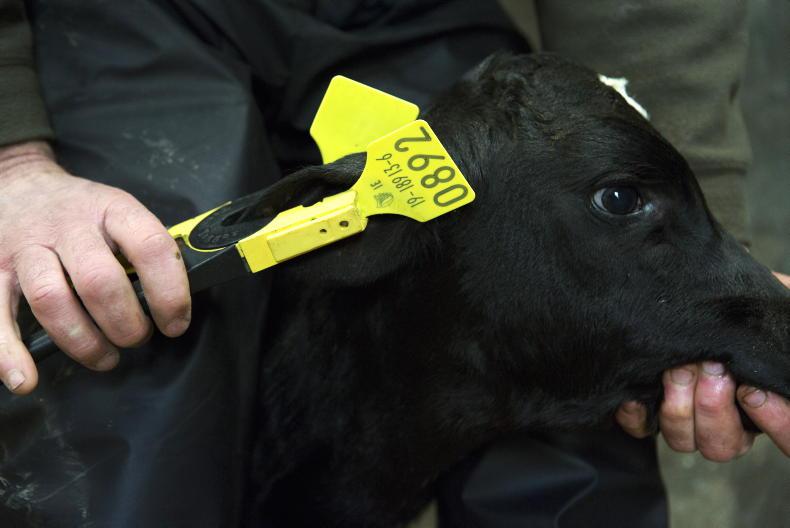
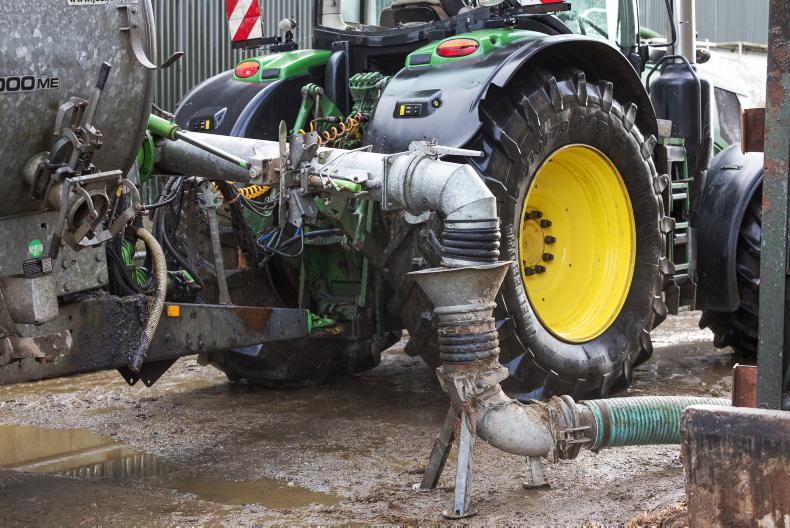
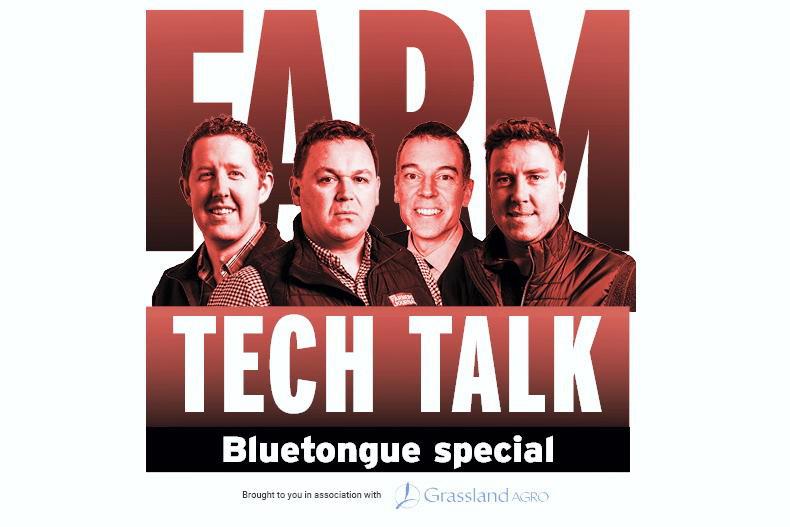
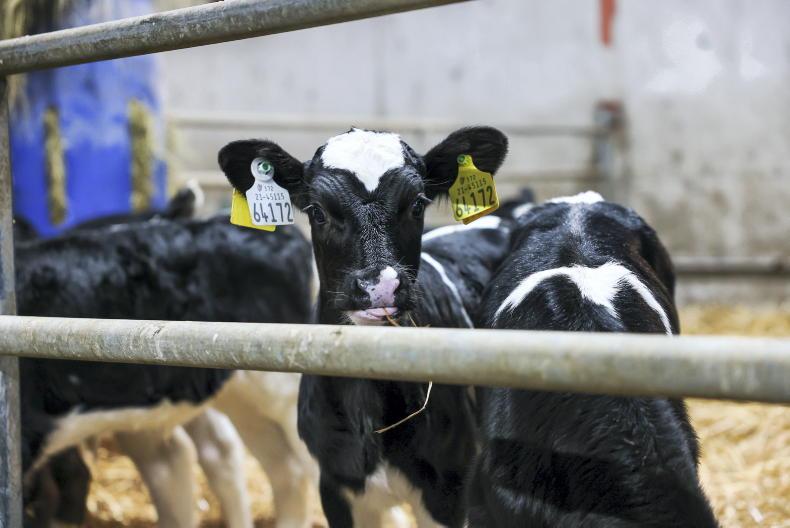
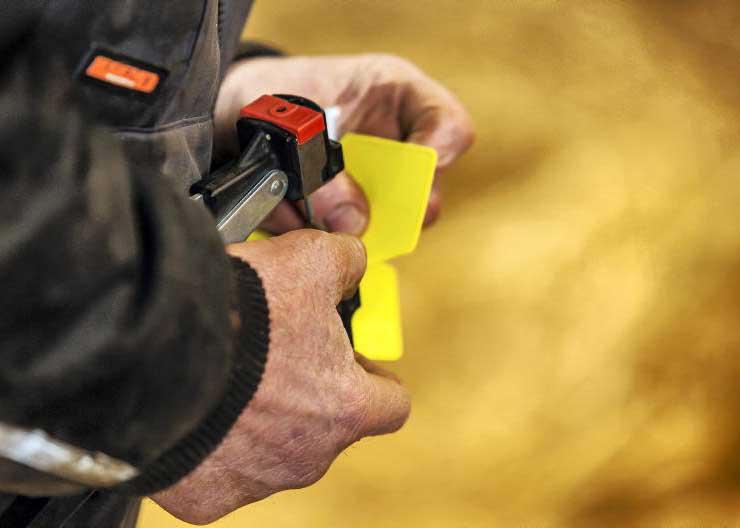
SHARING OPTIONS